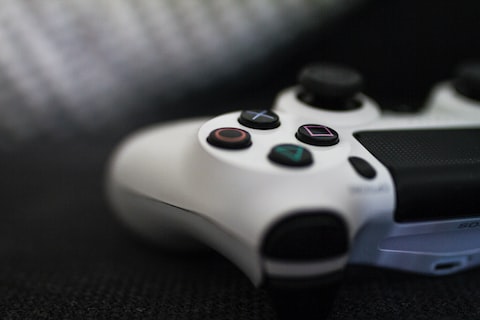Gaming Addiction or Passion: Understanding the Fine Line
Are you a gaming enthusiast? Do you spend hours immersed in virtual worlds, battling virtual enemies, and striving for gaming success? While gaming can be an incredibly enjoyable and enriching hobby, it is essential to understand the fine line between gaming addiction and passion.
Gaming addiction refers to the compulsive and excessive use of video games, leading to negative consequences in various aspects of life. It can have detrimental effects on mental health, academic or professional performance, and relationships.
On the other hand, gaming passion involves a healthy and balanced approach to gaming. It is characterized by a genuine love for the art and craft of video games, along with responsible gaming habits. Passionate gamers understand the importance of setting boundaries, prioritizing other life commitments, and maintaining a healthy gaming-life balance.
So, how can you differentiate between gaming addiction and passion? Here are a few key aspects to consider:
- Impact on daily life: Evaluate how gaming affects your daily routines, responsibilities, and relationships. If gaming starts to interfere with your ability to fulfill your obligations and engage in healthy social interactions, it might be a sign of addiction.
- Emotional well-being: Monitor your emotional state while gaming. If gaming consistently results in feelings of irritability, restlessness, or anxiety when not playing, it could be indicative of addiction.
- Physical health: Pay attention to any physical symptoms associated with excessive gaming, such as headaches, backaches, loss of appetite, or disrupted sleep patterns. These can suggest addictive behavior.
- Self-control: Assess your ability to regulate your gaming habits. If you find it challenging to cut back on playing time despite negative consequences, it may be a sign of addiction.
- Social withdrawal: Be aware of any tendency to withdraw from real-life social activities and relationships in favor of spending more time gaming. Isolation and avoidance of previously enjoyed activities are warning signs of addiction.
If you suspect that you or someone you know may be struggling with gaming addiction, it’s crucial to seek help and support. Professional counseling, support groups, and self-help strategies can assist in overcoming addiction and regaining control over gaming habits.
Remember, gaming can be a fantastic source of entertainment, creativity, and even social connection. It’s all about finding the right balance and maintaining a healthy perspective.

